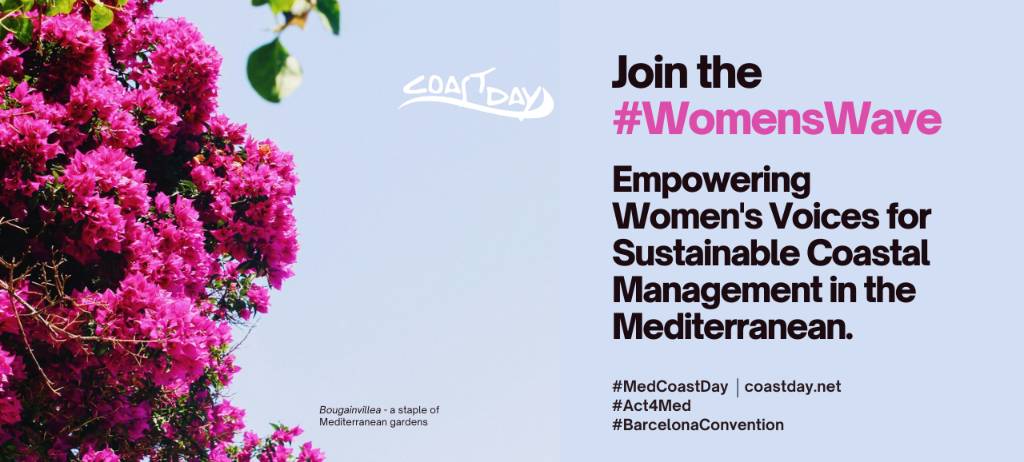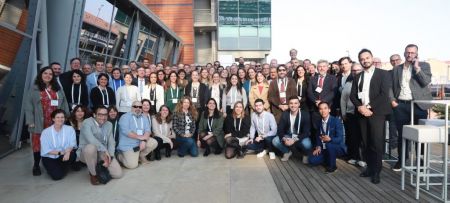As we celebrate International Women's Day on 8 March, the significance of empowering women resonates deeply this year in the Mediterranean region. On 25 September 2024, during this year’s Mediterranean Coast Day, funded by GEF-UNEP MEDProgramme, we'll amplify this celebration by recognising the invaluable contributions of women in preserving our coastal and marine ecosystems and fostering sustainable development.
The urgency to achieve gender equality and enhance women's well-being cannot be overstated, particularly in light of the UN's alarming projection of a $360 billion annual deficit in gender equality measures by 2030. If left unchecked, this trend could plunge over 342 million women and girls into extreme poverty by the end of this decade. This is why the main theme for International Women's Day 2024, "Invest in women: Accelerate progress", underscores the imperative to close gender gaps across various domains. As highlighted by UN Women, closing gender gaps in employment could boost GDP per capita by 20%, while closing gaps in care and expanding services could spark almost 300 million jobs by 2035.
The big question is – How can we attain these targets?
The key prerequisite is that governments prioritize gender-responsive financing and increase investments in essential services and social protection to ensure women's needs and priorities are adequately addressed. Furthermore, policymakers need to recognise and value the pivotal role women play in economies worldwide, both through paid and unpaid care work, as well as in environmental conservation efforts such as Integrated Coastal Zone Management (ICZM).
In the Mediterranean region, according to the SoED report (2020), the gender gap presents a pressing challenge, with disparities ranging from 20 to 43%, far exceeding the global average of 31%. Political empowerment of women lags significantly behind, hindering progress towards achieving the Sustainable Development Goals (SDGs) of the UN 2030 Agenda for Sustainable Development, particularly Goal 5 on Gender Equality. Climate change further exacerbates these inequalities and highlights the need for improved data collection and gender-sensitive coastal plans, as demonstrated by the GEF-UNEP MedProgramme gender-sensitive risk assessments conducted in Kotor Bay in Montenegro and Tangier-Tetouan-Al-Hoceima region in Morocco. Effective coastal planning, grounded in a participatory approach that elevates women as agents of progress, is essential to advance sustainable coastal development. This view will be echoed through this year’s Mediterranean Coast Day theme “Women's Wave for Coastal Sustainability”, with the main event in Algiers as part of the Child Project 2.1 Resilient Mediterranean coastal zones under the GEF-UNEP MEDProgramme.
Let's ensure that women's voices and needs are at the forefront of coastal management in the Mediterranean, unlocking the full potential of ICZM for the benefit of present and future generations.
Join us on LinkedIn, X, and Facebook for further updates and insights.


